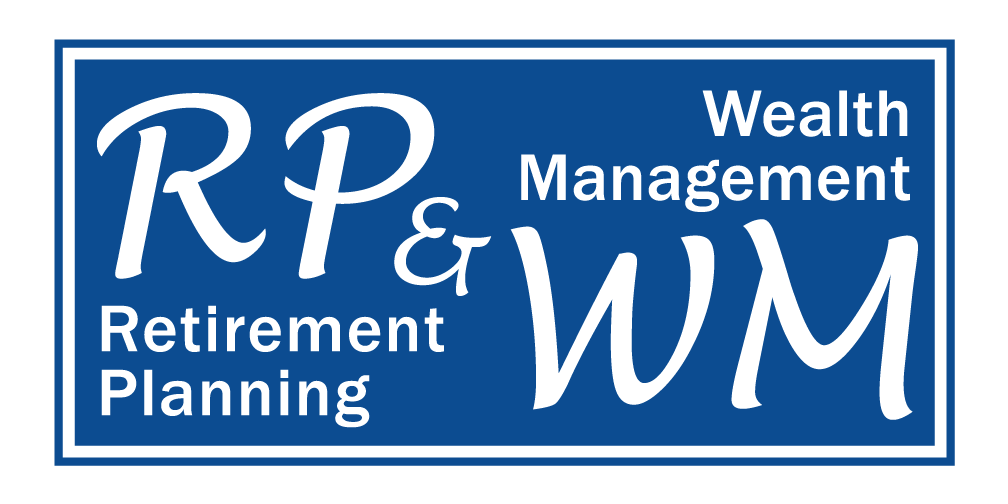You might be one of the 67% of Americans who have done no estate planning. Even if you’ve planned for retirement, you haven’t done anything to protect your assets when you’re gone.
Some people don’t like the idea of thinking about their mortality, and others think they might not have enough wealth to bother with this kind of planning.
If you’re already interested or even involved with retirement planning services, it makes sense to think about the legacy you’ll leave after you’re gone. Legacy planning and estate planning help you to establish your goals and align your values so your legacy supports them.
Read on to learn more about legacy planning and its importance.
What Is Legacy Planning?
Legacy planning is a person’s planning to decide how their assets will be distributed upon their death. The estate plan then dictates how those wishes should be carried out.
Legacy planning is essential because it helps a person think about their goals and values and make decisions about their assets that support those goals and values.
How Are Legacy Planning and Retirement Planning Connected?
As a chemical plant retiree, a solid retirement plan was important. It helped you to save enough so you could join the retirement ranks.
Getting to retirement requires careful financial planning. Legacy planning helps protect your assets and ensures that your savings support your goals and values after you’re gone.
What to Consider When Legacy Planning
For most, the idea of planning for when you’re no longer alive is uncomfortable. Yet, it can help get you through the process with some careful focus on your goals.
If you spent your lifetime planning for retirement and saving for your elder years, you want to know what will happen with your assets once you’re gone.
Start by considering your goals related to legacy planning. Who do you want to help with your assets once you’re gone?
It’s good to start by considering what’s most important to you. Are they people who you’ll need to support once you’re gone? Many people find they have guardians who will continue to need their financial support and want this to be a part of their legacy planning.
Are there organizations or charities that you’d like to continue to support after you’re gone?
As part of your retirement planning, you should consider your financial situation. How much money will you hope to have at retirement and as part of your estate once you’re gone?
Many people find it helpful to talk with their family and trusted financial advisor about their goals and plans for their estate once they’re no longer living.
Finally, another consideration as you work through your goals for legacy planning involves selecting a trustee to manage your affairs when you’re gone. This person is important because they will have knowledge of your goals and plans for your assets once you’re gone.
Legacy Planning Vs. Estate Planning
It’s not uncommon for people to use the terms legacy planning and estate planning synonymously. While they’re related, they’re not the same.
First, consider the word legacy. Consider your legacy. What do you want to leave behind when you’re gone? Many people’s legacy is attached to their assets and what happens to them once they’re gone.
But before you consider what happens with those assets, you also want to consider your beliefs, values, and goals for your legacy. Then, you can plan your assets to support that legacy.
Legacy planning is often subjective and even visionary. Estate planning is more concrete and objective. With estate planning, you can use your assets to achieve your legacy goals.
Determining your purpose and values during legacy planning helps to guide your estate planning.
It’s worth noting that legacy planning should be ongoing throughout your lifetime. Lifelong legacy planning matters because it’s not uncommon to have life events change your focus and impact what’s most important to you.
Creating an Estate Plan from Your Retirement Plans and Legacy Planning
You might think to yourself, where do I begin with all of this stuff for the future? The reality is that you need a good financial planner to help guide you through the process.
You already know that you can never start planning for retirement. In fact, the sooner you start to save for retirement, the more options you have as you consider your legacy planning.
Early retirement planning allows you time to build wealth for the future. Then, you can work on legacy planning and set up an estate plan that protects those you love and puts your assets in places that are most important to you.
Your estate plan should likely have many components to protect your assets and manage your end-of-life affairs.
Most people start estate planning by creating a last will and testament. No matter your level of wealth, having a will is critical so your estate doesn’t go to probate.
If you don’t have a will then your estate must follow the laws of intestacy, and assets can be held up. It might even mean that what you want and expect to happen with your assets doesn’t happen since probate is involved.
When you create your will, you will name an executor responsible for making sure the wishes laid out in your will are followed.
Often, people will also designate a power of attorney. This person has the authority to make legal, financial, and often medical decisions on your behalf, should you be unable to make them yourself.
You can work with your financial planner to decide about a trust for your assets. One important factor in protecting your assets, even after you are gone, is the tax implications. Establishing a trust can often help protect your assets from taxes.
Get Legacy and Retirement Planning Services
As you consider and even dream about your retirement plans, it’s important to seek out some retirement planning services. When you work on retirement planning, it makes sense to begin legacy planning.
It’s also important to protect your life savings and ensure it’s protected for your heirs with estate planning.
At RPMW, we can help you plan for the future. If you’re ready to think about your retirement goals and legacy planning, let’s talk about your goals and how we can help get you there.


